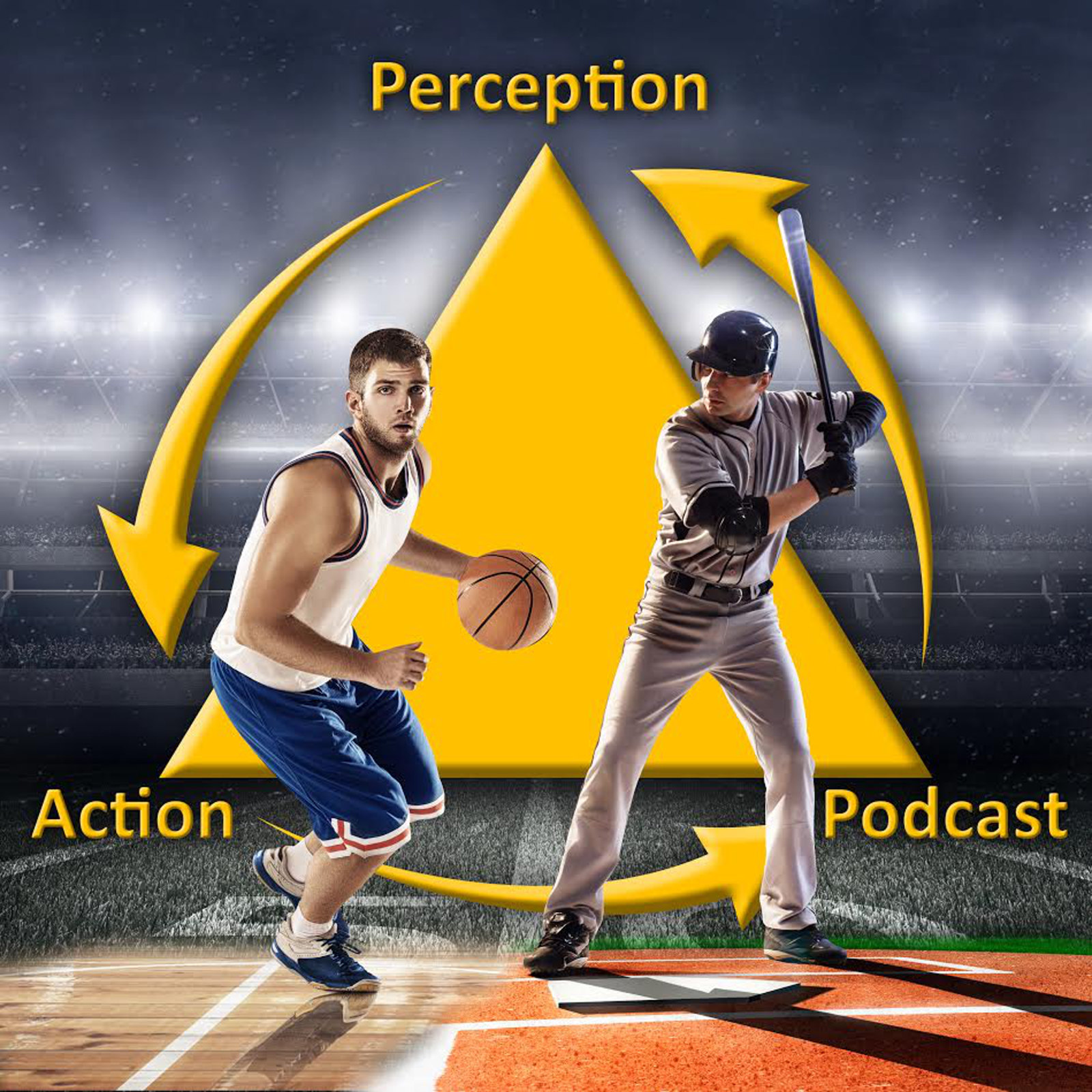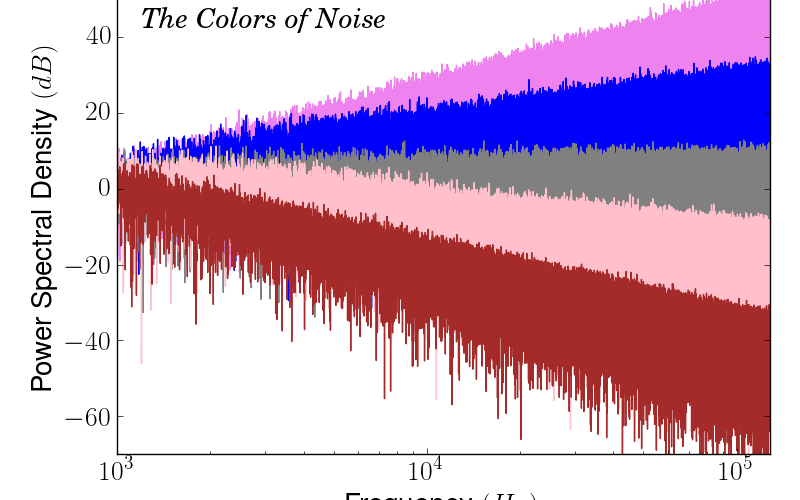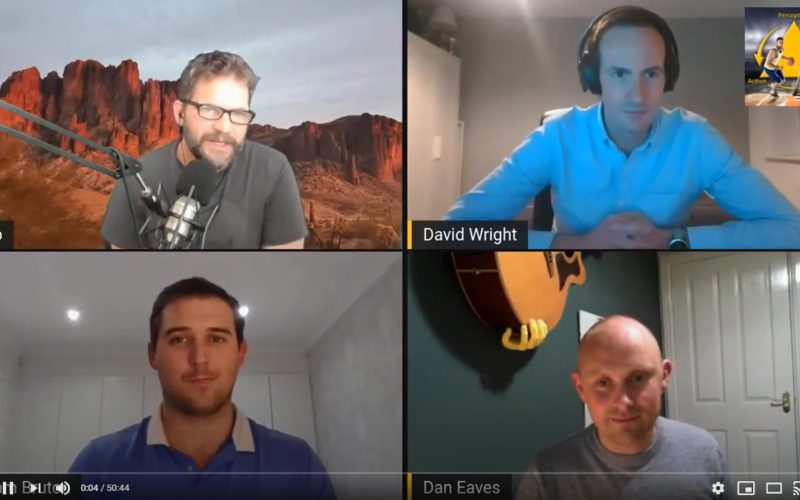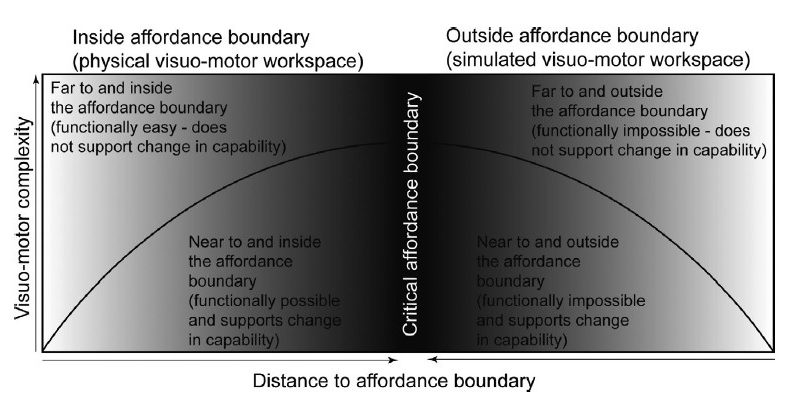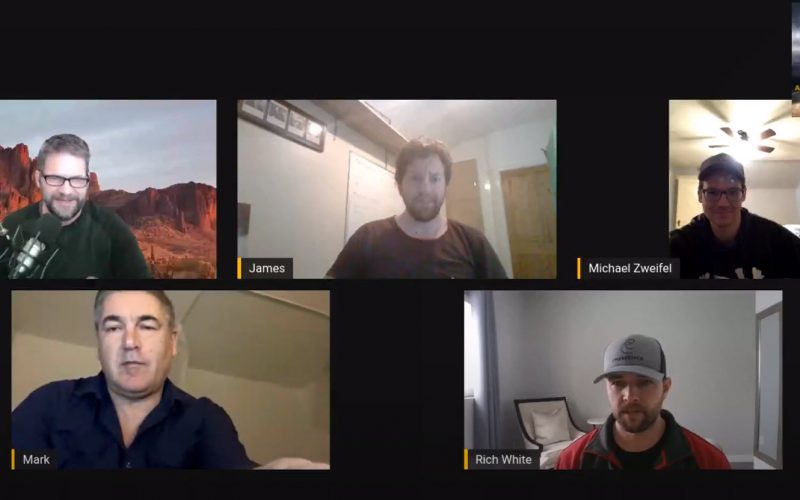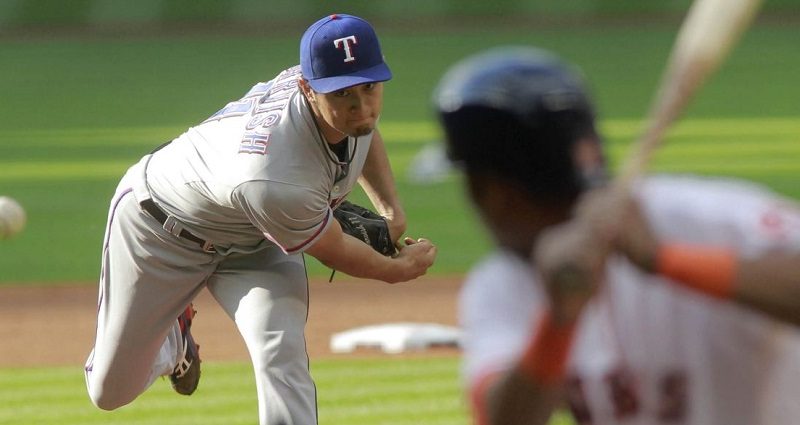348 – The Color of Noise in Motor Control
348 A look at 1/f or pink noise in the motor system. How can it be used as a metric to understand the coordination of degrees of freedom in movement? How does it change when learning a new skill? Download link Articles:Contemporary theories of 1/f noise in motor control1/f scaling in movement time changes with…
Read More